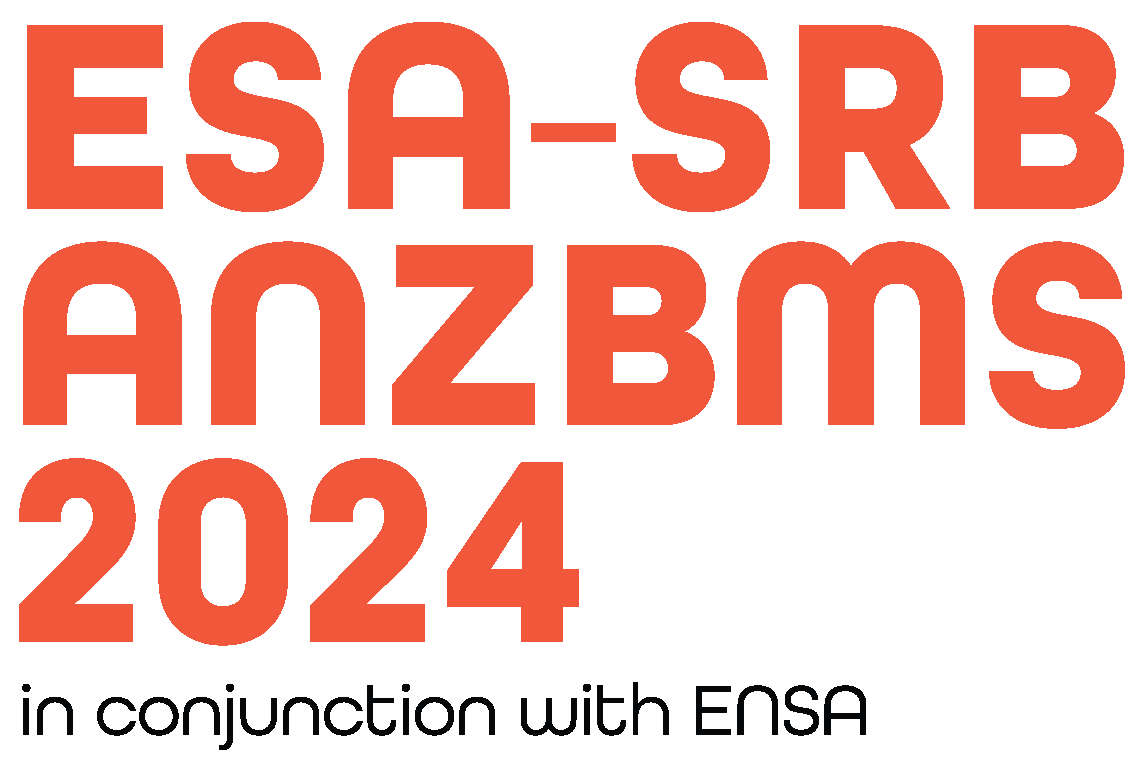Dr James Cuffe
University of Queensland
Dr Cuffe is a senior lecturer and the head of the placental endocrinology laboratory at the University of Queensland. He is internationally recognised for his research looking at the complex relationships between maternal hormones, placental dysfunction and adverse fetal outcomes. His PhD focused on using mouse studies to investigate the role of the placenta in mediating maternal glucocorticoid induced programmed offspring disease. Since this time, Dr Cuffe had run projects focused on understanding the role of placental hormones in mediating gestational diabetes mellitus, fetal growth restriction and programmed disease in offspring as well understanding how specific micronutrients mediate endocrine disorders in pregnancy. A major focus of the Cuffe laboratory over the last 5 years has been understanding how thyroid autoimmunity in pregnancy can cause placental dysfunction and pregnancy complications. His most recent model is investigating how selenium treatment may reduce rates of poor outcomes in rats with elevated thyroid antibodies.
Dr Cuffe is a senior lecturer and the head of the placental endocrinology laboratory at the University of Queensland. He is internationally recognised for his research looking at the complex relationships between maternal hormones, placental dysfunction and adverse fetal outcomes. His PhD focused on using mouse studies to investigate the role of the placenta in mediating maternal glucocorticoid induced programmed offspring disease. Since this time, Dr Cuffe had run projects focused on understanding the role of placental hormones in mediating gestational diabetes mellitus, fetal growth restriction and programmed disease in offspring as well understanding how specific micronutrients mediate endocrine disorders in pregnancy. A major focus of the Cuffe laboratory over the last 5 years has been understanding how thyroid autoimmunity in pregnancy can cause placental dysfunction and pregnancy complications. His most recent model is investigating how selenium treatment may reduce rates of poor outcomes in rats with elevated thyroid antibodies.

